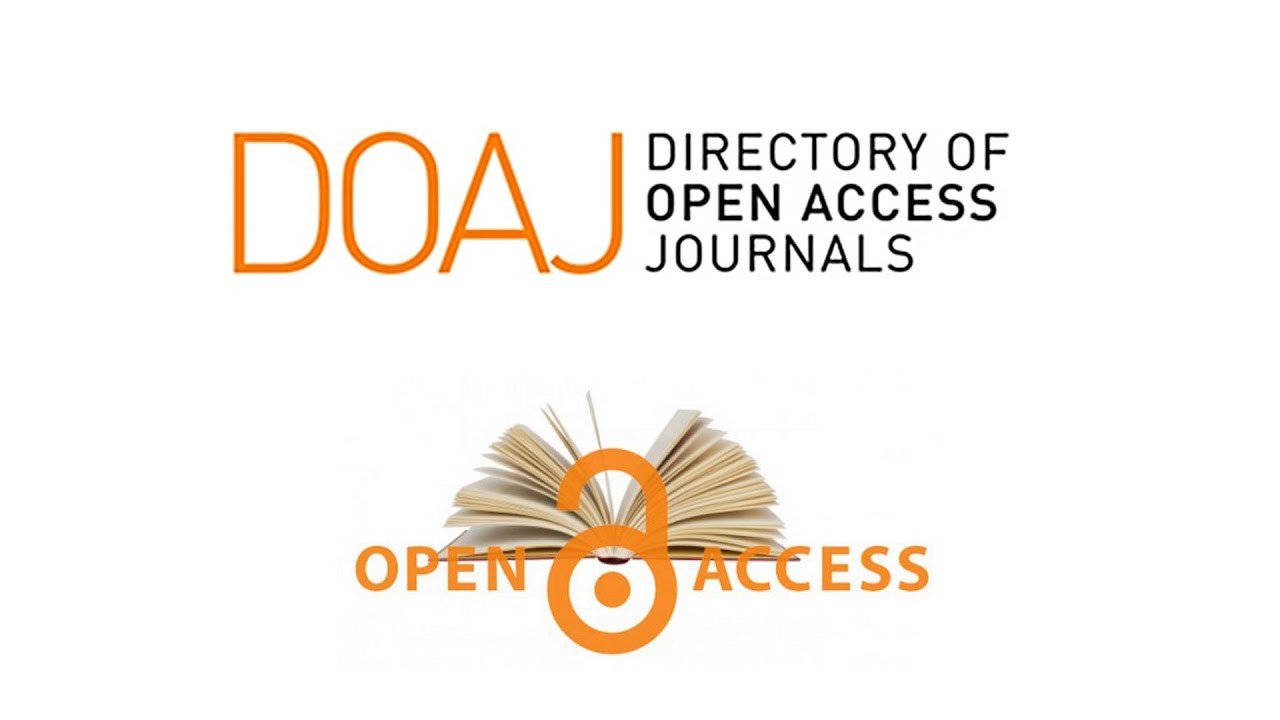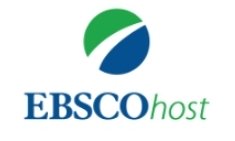Publication Ethics
Publication Ethics
The Iraqi Journal of Aquaculture is an electronic, peer-reviewed and open access journal that is dedicated to maintaining the highest standards of publication ethics. Our commitment to providing our readers with the highest quality articles is reflected in our Publication Ethics and Malpractice Statement, which outlines the following principles. We uphold these principles in all stages of the publication process, and any articles that do not comply with them will be removed from our journal, even after publication if malpractice is discovered.
To ensure the integrity of our publications, we employ a double-blind peer-review process and carefully screen all submitted papers for plagiarism, research fabrication (making up research data), falsification (manipulation of existing research data, tables, or images), and improper use of humans or animals in research. We are committed to reporting any cases of suspected plagiarism or duplicate publishing, in accordance with the code of conduct. Additionally, our journal reserves the right to use plagiarism detection software to screen all submitted papers at any time.
Authors must ensure:
Authors must adhere to the following guidelines to ensure the highest standards of publication ethics:
- All works submitted must be original and not previously published elsewhere.
- Proper credit and references must be given to any sources, authors, or contributors whose work or words are included in the manuscript.
- Authors are responsible for language editing prior to submitting their articles.
- Works submitted must represent the author's own contributions and must not contain any plagiarized content.
- Financial or other conflicts of interest that could influence the interpretation or results of the manuscript must be disclosed, including any financial support received for the project.
- If significant errors or inaccuracies are discovered in a published work, authors must promptly notify the journal editor and cooperate in correcting or retracting the paper.
- Authors must agree to the license agreement before submitting the article.
- All articles must be submitted using the online submission procedure.
- Simultaneous submission of a paper to more than one publication at a time is a breach of publication ethics.
- The manuscript must include a copyright and animal welfare statement.
Editors must ensure:
As editors, we are committed to upholding the highest standards of publication ethics and ensuring the integrity of the publication process. To this end, we pledge to:
- Conduct a fair and rigorous double-blind peer-review process of all submitted articles for publication, ensuring that each submission is evaluated solely on its academic merit, regardless of the authors' background, gender, race, or affiliation.
- Strive to prevent any potential conflicts of interest between authors, editorial staff, and review personnel, ensuring that all parties are treated fairly and equitably throughout the review process.
- Keep all information related to submitted manuscripts confidential before publication, including the identity of the authors, the content of the manuscript, and the reviewers' comments.
- Coordinate the work of the editors and provide guidance and support to ensure that all editorial decisions are made in a timely, objective, and fair manner.
Reviewers must ensure:
- Evaluate manuscripts based on content without regard to ethnic origin, gender, sexual orientation, citizenship, religious belief or political philosophy of the authors.
- All the information related to submitted manuscripts is kept as confidential and must report to the Editor-in-Chief if they are aware of copyright infringement and plagiarism on the author’s side.
- Evaluate the submitted works objectively as well as present clearly their opinions on the works in a clear way in the review form.
- A reviewer who feels unqualified to review the research reported in a manuscript or knows that its prompt review will be impossible should notify the Editor-in-Chief and excuse himself from the review process.






